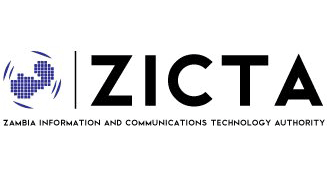
Zambia and Tanzania have given contracts to service
providers to provide telecom services to rural areas, as many people living in
sparsely populated areas in Africa remain without access to communications.
In Zambia, the contract has been awarded to South Africa's
wireless communication specialist Multisource Telecoms, which will build
low-cost GSM towers to bring mobile phone communications to rural Zambians for
the first time. In Tanzania, the contracts have been given to four operators
including Airtel Tanzania, Vodacom and Tigo.
Both Zambia and Tanzania have set up Universal Communication
Service Access Funds to promote universal access to information and
communications technology.
The funds, levied from operators, are allocated to enabling
accessibility and participation by telecom operators in the provision of
telecom services in rural areas.
The decision to extend GSM coverage to rural areas by the
two countries followed calls by the countries' telecom sector regulators for
network operators to fulfill their universal service obligations.
"We expect the move by Zambia and Tanzania to expand to
rural areas to have ripple effects in the region because this is what has been
lacking in Africa. Only towns along the line of rail are connected to mobile
communications, which is unacceptable," said Amos Kalunga, telecom analyst
at the Computer Society of Zambia.
According to Richard Smuts-Steyn, CEO of Multisource, the
contracts mark the first time that African service providers will be able to
economically service rural and isolated communities.
Many operators in the region have been slow to roll out
their networks to rural areas, claiming they were paying too much for telecom
equipment, which raised the cost of doing business. Operators also say rural
areas do not let them recoup their investments.
With the new contracts however, both Zambia and Tanzania are
expected to see millions of rural dwellers getting connected to mobile and
internet communication for the first time.
The Zambia Information and Communication Technology
Authority ( ZICTA), has not said how many people will be connected, Tanzania's
minister for Communication, Science and Technology, Makane Mbalawa, said they
are "targeting to connect about 1.6 million people for the initial
phase."
Mbalawa said the Tanzanian government is planning to
advertise more tenders to operators for rural expansion in order to connect as
many people as possible.
A study by data analysis firm Wireless Intelligent last year
revealed that over five million Zambians are not subscribed to a mobile
network.
ZICTA has since then been working with service providers
in the country to build shareable towers in a bid to quickly expand to rural
areas.
Computerworld
